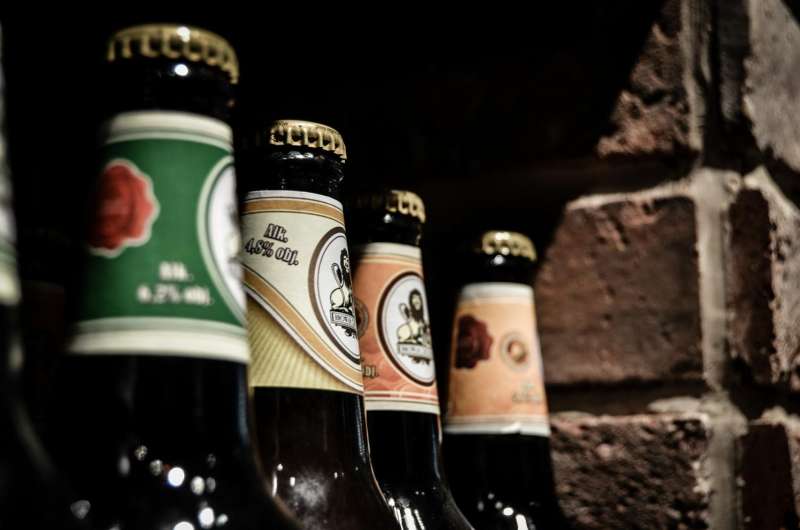Social rejection by close relations can lead to subsequent drinking

The need to belong and experience social connections is a fundamental human characteristic. Prior research has shown that social rejection is linked to increases in negative emotions, distress, and hostility. This study examined the impact of social rejection on alcohol use, and whether the impact differed when the social rejection was by close others, such as friends, spouses or family members, or by strangers or acquaintances.
Researchers gathered data from 77 community participants (41 women, 36 men) who used their smartphones to record their social interactions and alcohol use for 14 consecutive days. The analysis examined associations between rejection experiences and daily alcohol use.
Findings indicated that the type of relationship may be a key factor in whether or not social rejection leads to drinking. More specifically, on days characterized by rejection by close others, the likelihood of drinking significantly increased. In contrast, on days characterized by rejection by acquaintances, there was no increase in the likelihood of drinking. This finding contrasts with laboratory studies of rejection that emphasize rejection and ostracism by strangers rather than known others.
More information: Holly B. Laws et al. Social Rejection and Alcohol Use in Daily Life, Alcoholism: Clinical and Experimental Research (2017). DOI: 10.1111/acer.13347
















